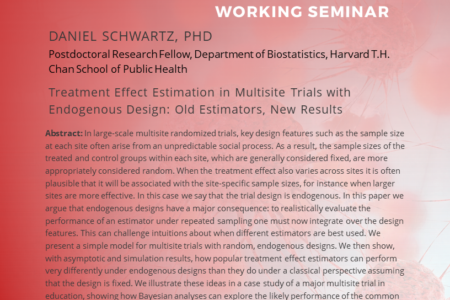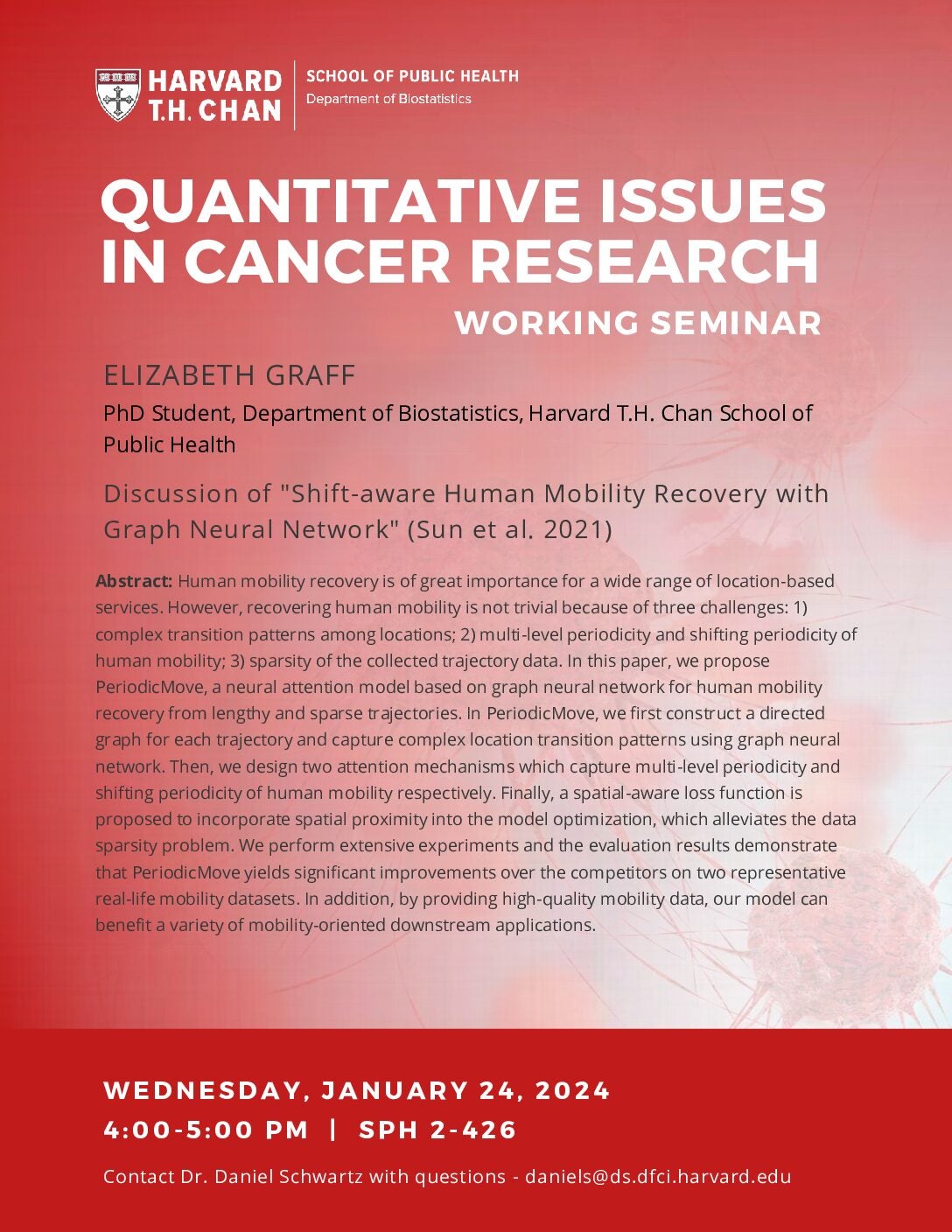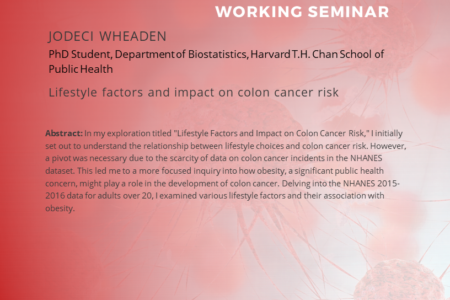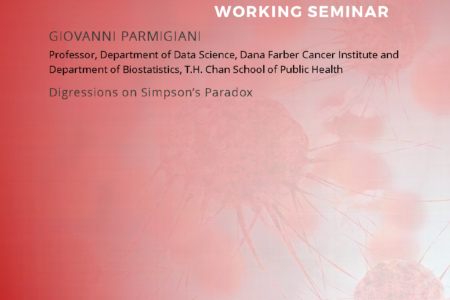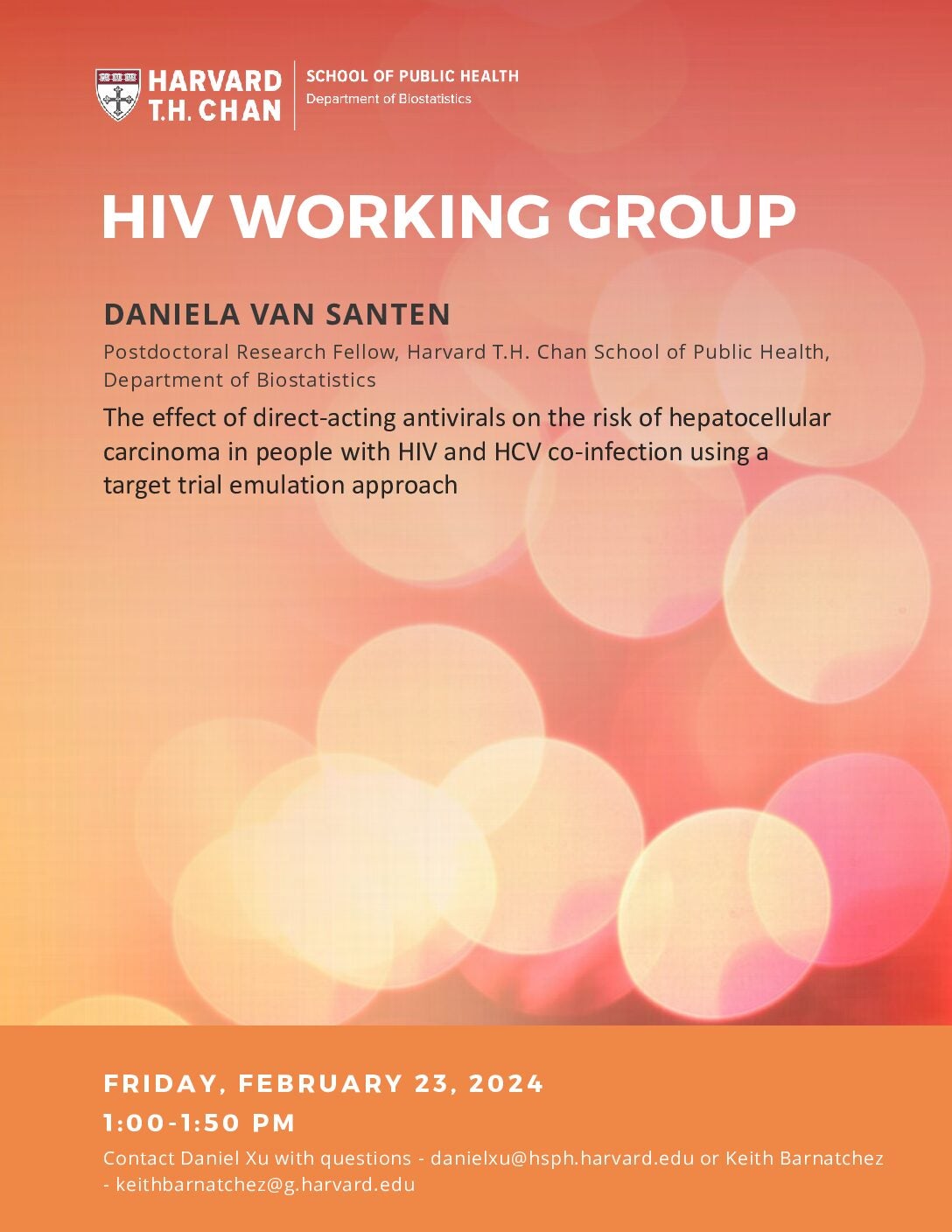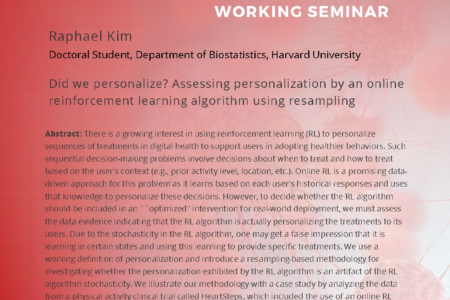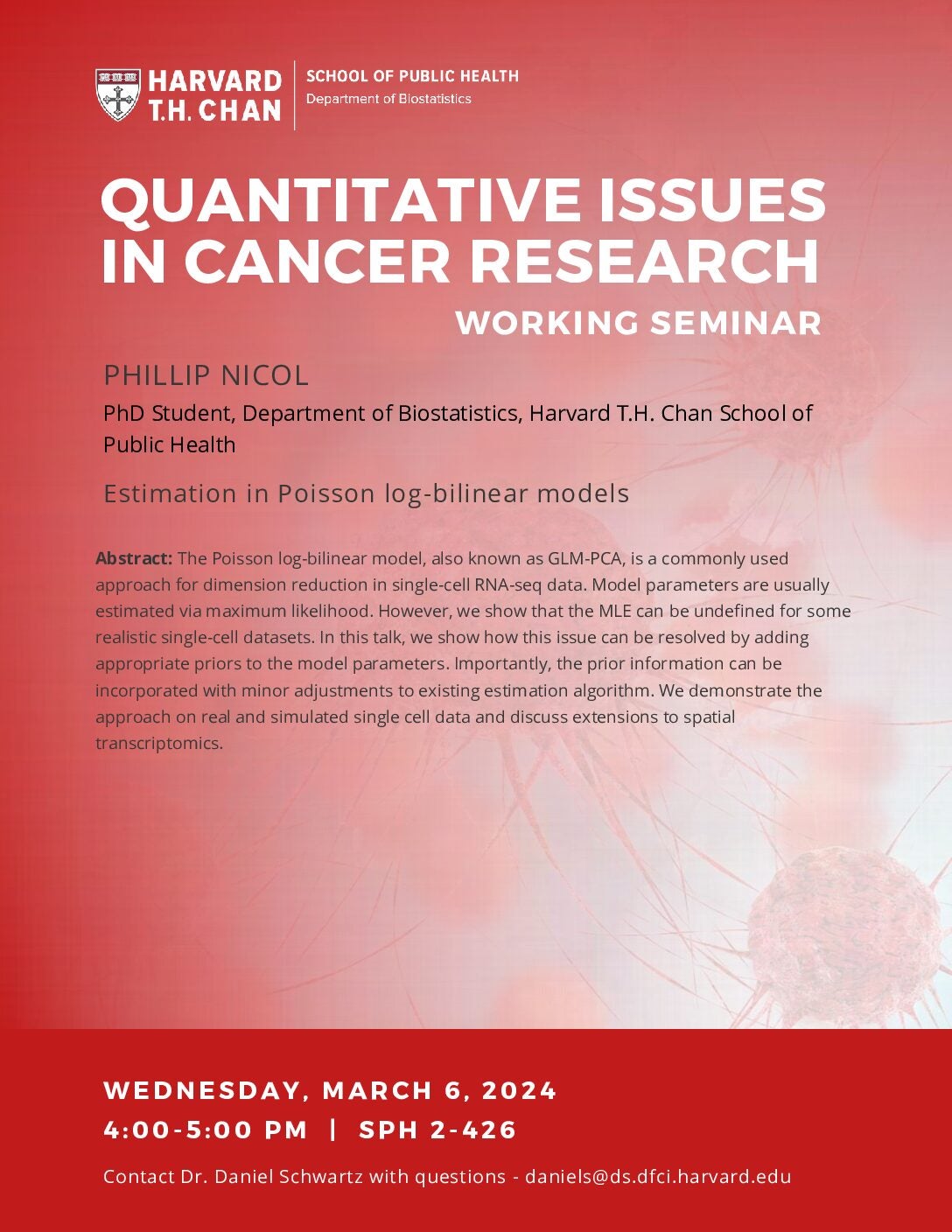PQG Working Group
In PersonKaia Mattioli Postdoctoral Research Fellow Brigham and Women’s Hospital Widespread variation in molecular interactions and regulatory properties among transcription factor isoforms Transcription factors (TFs) control gene expression by interacting with DNA and cofactors to regulate transcription. Human TF genes produce multiple protein isoforms with altered DNA binding domains, effector domains, and other protein regions. The … Continue reading "PQG Working Group"
